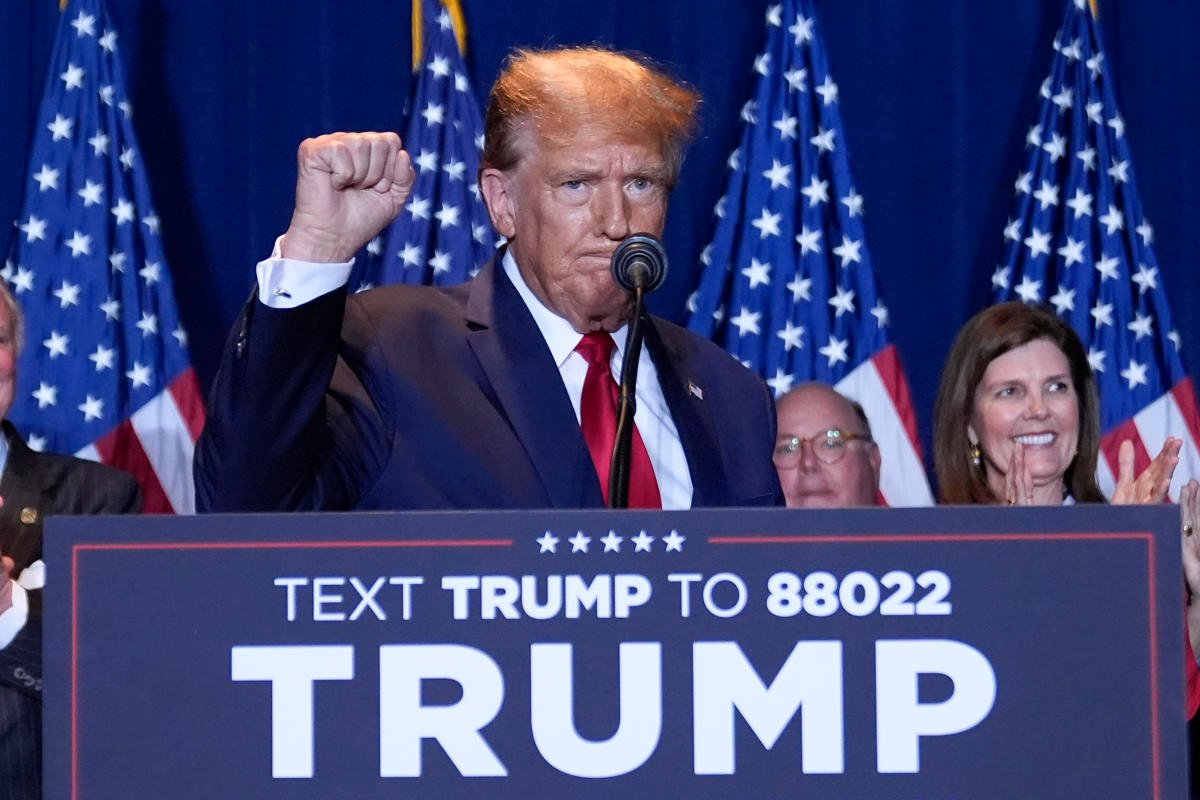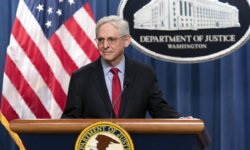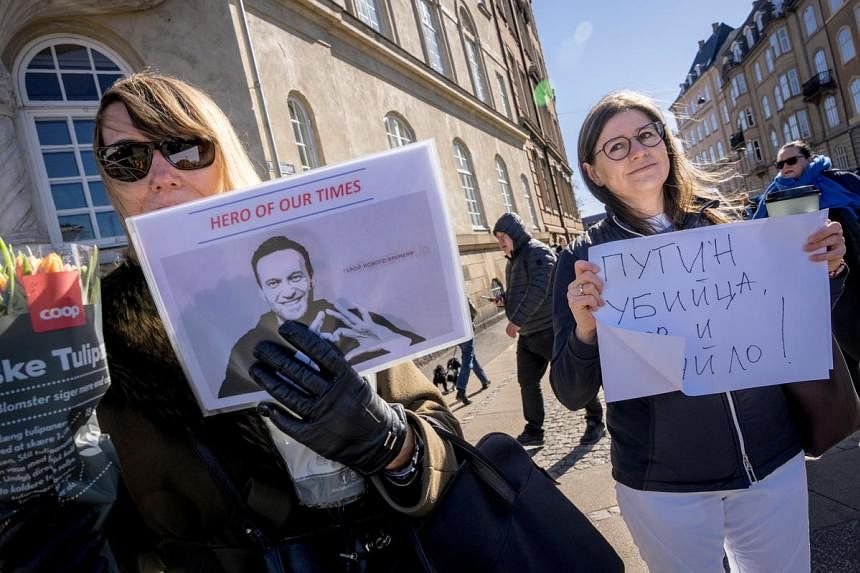
European Union leaders in Brussels on Wednesday appealed for calm to prevail as Israel mulls a response to a direct attack from Iran amid the prospect of escalating tensions in the Middle East.
German Chancellor Olaf Scholz urged Israel not to retaliate against Iran with a “massive attack of its own” in an appeal for calm on his arrival at the two-day summit.
Austrian Chancellor Karl Nehammer said “all efforts are now being made to contain the conflict so that it does not become a conflagration, so that there is no total escalation.”
Scholz called on Israel to now use the successful defence against Iran’s missile and drone attack “to strengthen its own position in the entire region.” On this basis, “a corresponding military response would certainly not be appropriate,” he said.
What was supposed to be an in-depth strategic review of the European Union’s economic competitiveness has been overshadowed by events in the Middle East. Iran directly attacked Israel on Saturday, for the first time in the history of the Islamic Republic.
Iran said the drone and missile attacks were retaliation for the killing of high-ranking Iranian officers in Syria at the start of the month.
EU leaders are discussing whether and, if so, how the EU could contribute to a de-escalation in the region.
New punitive measures on Iran are under discussion. These may be imposed through a sanctions regime set up after Iran began supporting the Russian war on Ukraine by supplying Moscow with drones.
These sanctions banned the export of components used for the construction and production of unmanned aerial vehicles to Iran, and may be expanded to make it harder for Iran to produce missiles.
Calls from Israel to designate the Islamic Revolutionary Guard Corps (IRGC), the elite unit of the Iranian armed forces, as a terrorist organization are more difficult to meet.
The IRGC would first have to be prosecuted by a national authority for terrorist activities under EU law to prompt this sanction. Scholz said however a recent court ruling in the EU, concerning the activities of the IRGC, is being examined by EU officials.
This could open the way to a terrorist designation for the IRGC, Scholz said. Belgian Prime Minister Alexander De Croo said his country would support sanctions on the IRGC.
The issue of Ukraine’s air defence also occupies EU leaders.
Lithuanian President Gitanas Nausėda pushed for weapons deliveries to Kiev to be sped up while lamenting that Ukrainian cities are bombed “each day and night.”
“The biggest two problems at the moment for Ukraine are shells – that is, ammunition – and the second is air defence,” said Dutch Prime Minister Mark Rutte. He said the Netherlands and Denmark are working together to provide F16 fighter jets.
In his address to EU leaders via video link, Ukrainian President Volodymyr Zelensky called for greater support against Russian air assaults.
He drew a comparison between the support Israel received where US, French, and British jets helped shoot down Iranian drones and missiles and the help, or lack thereof, that Ukraine receives against Russian bombardment.
“Here in Ukraine, in our part of Europe, unfortunately, we do not have the level of defence that we all saw in the Middle East a few days ago,” he said. “Our Ukrainian sky and the sky of our neighbours deserve the same security,” he added.
Germany has already delivered two Patriot surface-to-air missile systems to Ukraine and will deliver one more, Scholz said.
“We know that we have to do more than we have been doing so far to support Ukraine now. This applies in particular to all the air defence capabilities that are required,” Scholz said.
Ireland’s new prime minister said he will use his first EU summit in Brussels to encourage other EU leaders to recognize a Palestinian state.
Simon Harris said he intended to convey the need for “a number of European states to now move ahead and recognize the state of Palestine,” Harris told reporters.
“If you believe in a two-state solution, I think such positive momentum could be helpful and could be important,” he said.
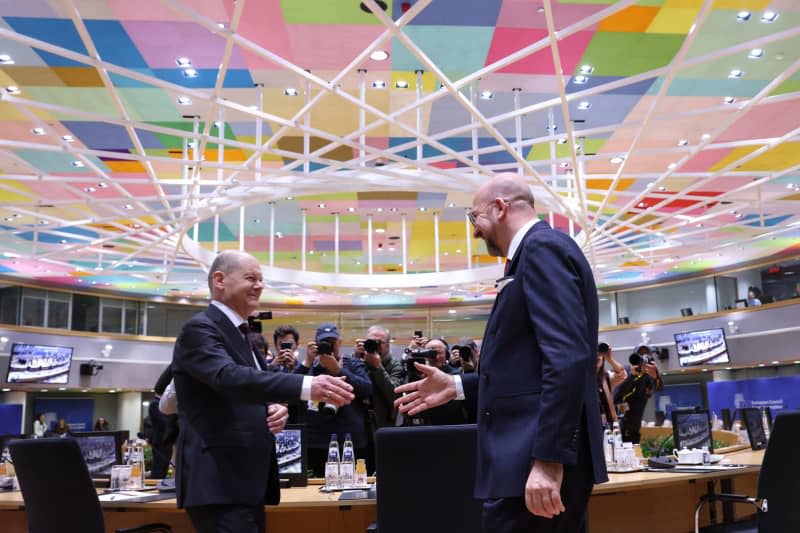
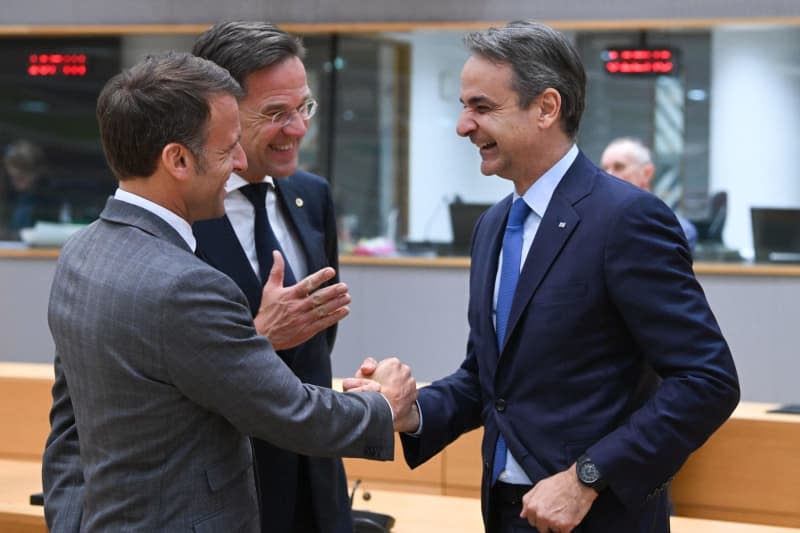
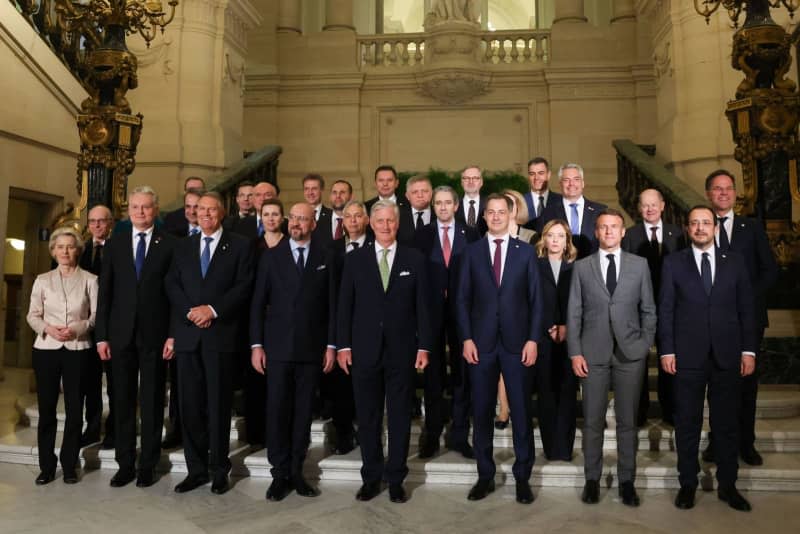
EMEA Tribune is not involved in this news article, it is taken from our partners and or from the News Agencies. Copyright and Credit go to the News Agencies, email [email protected] Follow our WhatsApp verified Channel






